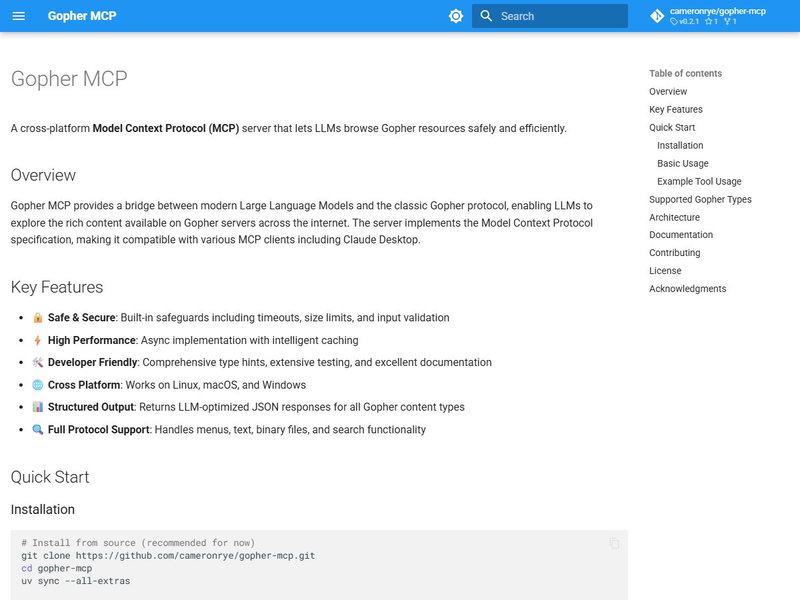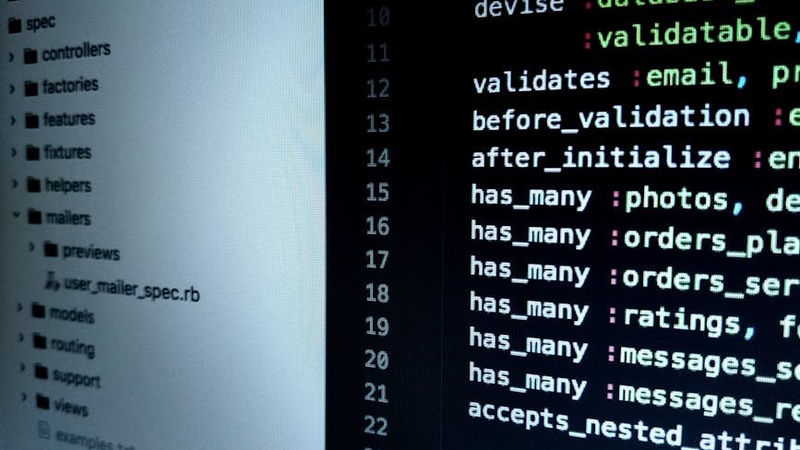Every web developer has encountered the frustration of inconsistent metadata discovery across different websites and services. Where do you find a site’s security contact information? How do you discover OAuth endpoints? What about password change URLs for password managers? The web’s decentralized nature, while powerful, has historically led to fragmented approaches for exposing essential service metadata.
The Well-known URI standard, formalized in RFC 8615 by the Internet Engineering Task Force (IETF), provides an elegant solution to this fundamental problem. By establishing a standardized location for service metadata at /.well-known/, this specification enables consistent, predictable discovery of critical information across the entire web ecosystem.




